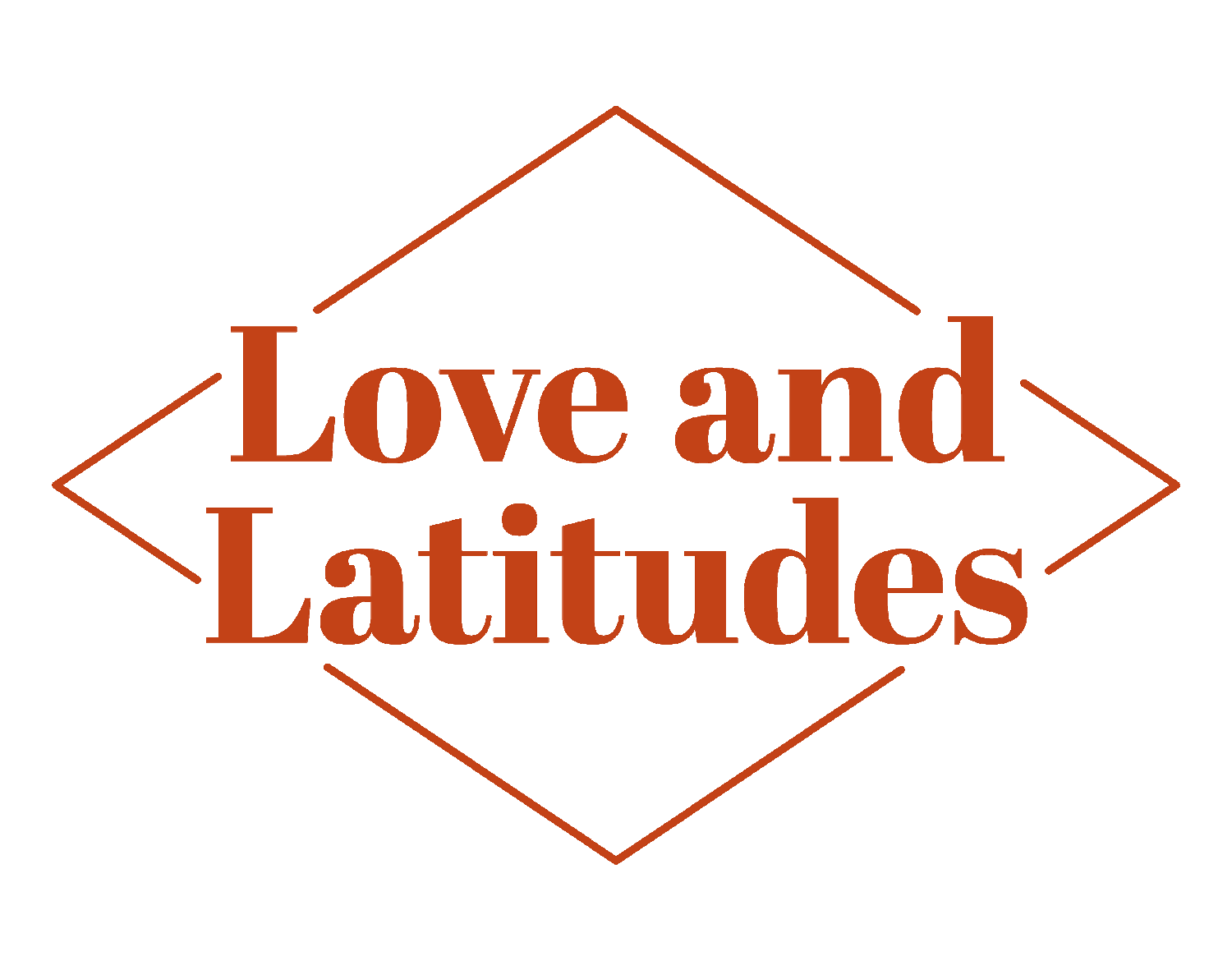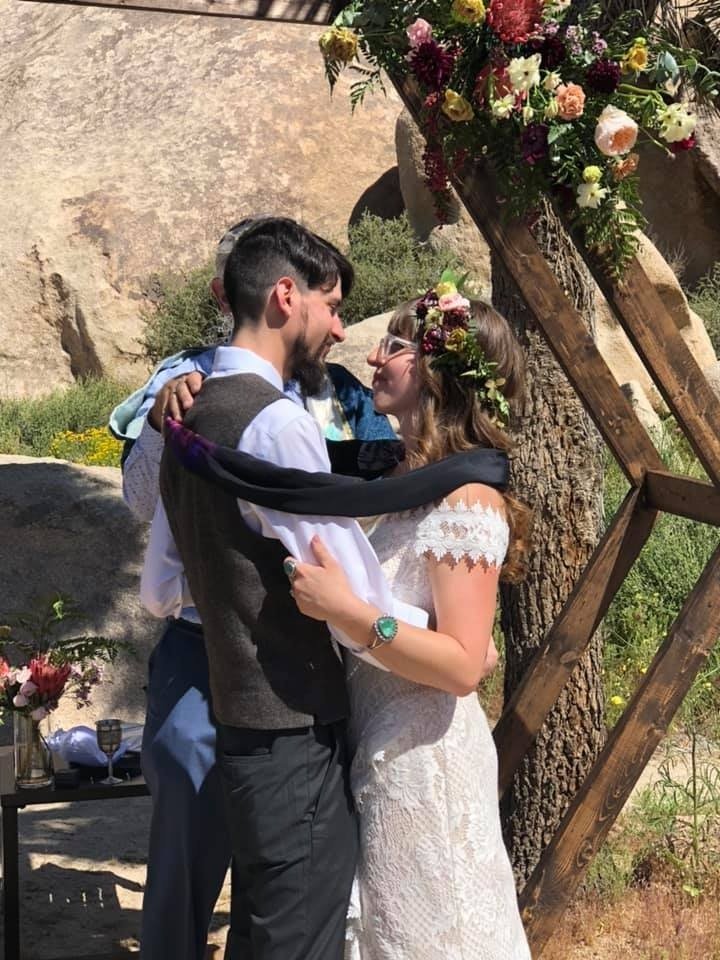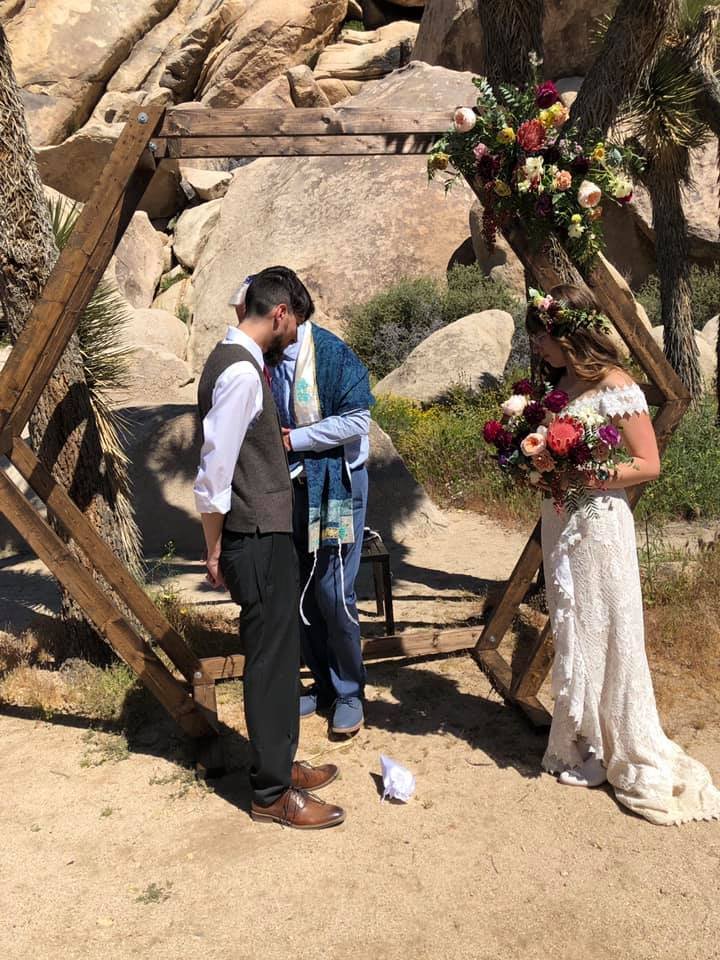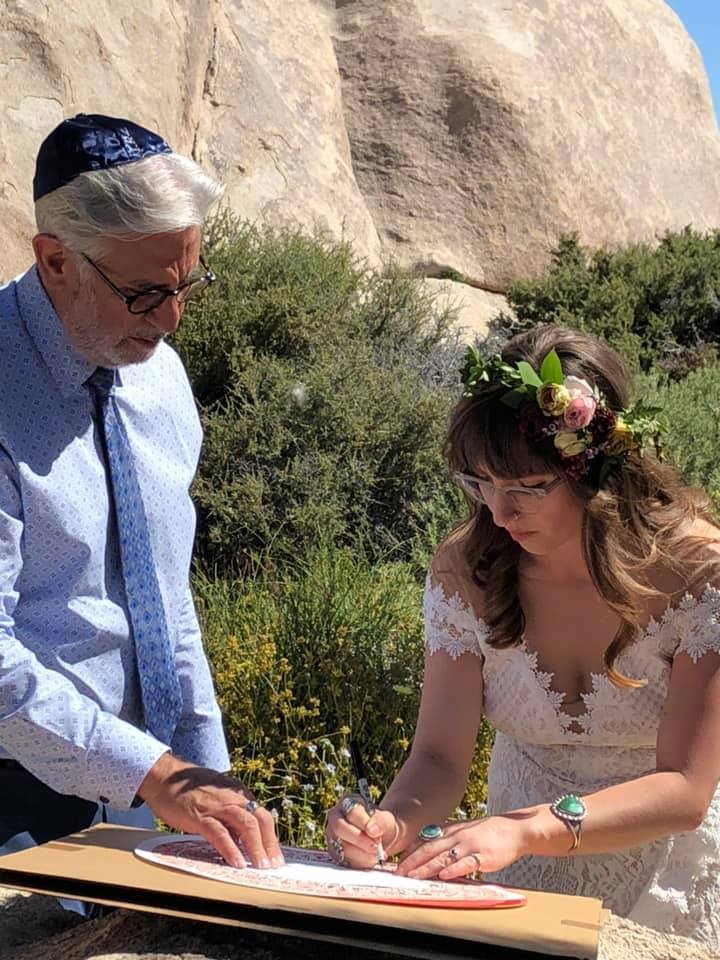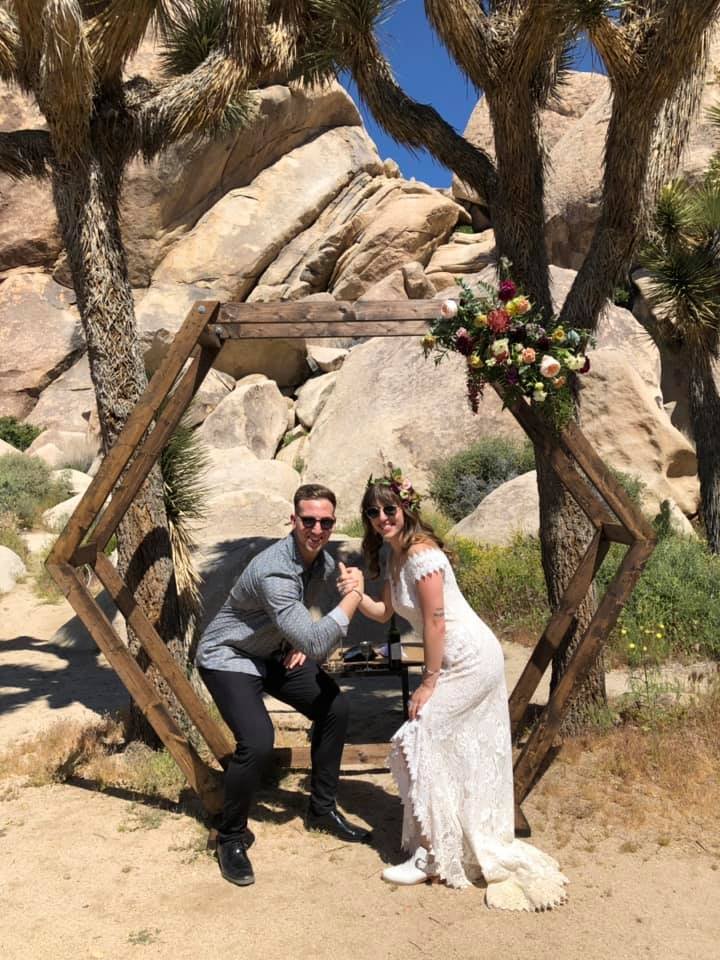How to Have a Jewish Elopement
These days, I largely receive inquiries for non-religious or secular ceremonies. There’s probably a lot of reasons for this, but I assume one of the biggest ones is that I photograph a lot of outdoor weddings. If you’re religious, you’ll likely want to get married in a church, synagogue, or house of worship. Eloping in the great outdoors seems to be more appealing to people who tend to break with tradition.
But I’m here to tell you that you can absolutely have a religious outdoor wedding. How do I know that? Well, I did it myself with my husband back in 2019. That year in Joshua Tree National Park, we had a Jewish elopement ceremony—chuppah, glass stomping, and all that goodness—outdoors and in the elements with my rabbi and closest family members.
Are you Jewish but want to get married outside while still honoring your religious traditions and upbringing? Let’s dive in on how to accomplish that!
What Makes a Jewish Wedding?
Per Jewish law, a Jewish wedding requires one of two things:
The signing of a ketubah in the presence of two witnesses
Or presenting a simple metal ring with the promise of a life together in the presence of two witnesses
That’s really all it takes. When you get right down to the necessary details, weddings are pretty straightforward. But that just means other wedding traditions can be added, subtracted, or modified to fit your vibe—which is perfect for the nontraditional couple who wants to get married outdoors.
Traditional Jewish Ceremony Ideas That Can Be Done Outdoors
Just because your getting married among the elements, doesn’t mean you have to skip out on your favorite wedding traditions. Yes, there might be some stipulations depending on where you get married or the environment. But those rules are usually easy to navigate.
Here are a handful of Jewish wedding traditions you can include for your elopement:
Ketubah: The ketubah is a traditional Jewish wedding contract. While not a legal document in the same way a marriage certificate is, it’s typically a beautiful piece of artwork describing the commitment you’re making as a couple. There are tons of beautiful designs and changes to the wording to fit your aesthetic.
Ring Exchange: This one is pretty common across cultures.
Bride’s Veil: This is another common tradition, symbolizing the bride’s inner beauty as well as outer.
Breaking the Glass: This tradition is a lot of fun. All it takes is a glass (sometimes beautifully decorated), wrapped in a cloth. The groom stomps the glass and everyone cheers “mazal tov!” The history and meaning of this tradition is debated, but it basically boils down to “It’s fun.”
Religious Readings: The seven blessings is a prayer commonly read at Jewish weddings, which thanks Adoniah and confirms blessings upon the happy couple. Other examples include Torah readings or Jewish poetry.
Wrapping the tallit: During the final benediction, the couple is wrapped in a prayer shawl (or two shawls) around their shoulders; which symbolizes the private life you two will share.
Chuppah: The chuppah is a canopy over the wedding altar, under which the couple stands for their ceremony. It represents the home the couple is build together.
Sharing of Wine: Usually preceded by a blessing over the wine, the couple shares sips from a single cup of sweet wine.
Circling the Groom: The bride circles the groom 3 times or 7 times, symbolizing how their paths came together for this moment.
While Jewish wedding ceremonies are most often officiated by a rabbi or cantor, this is also malleable in case you wanted a friend or family member to officiate the ceremony instead. If you don’t have an officiant, we have one on staff who can officiate your Jewish elopement.
Are You Ready for Your Jewish Elopement?
As you can see, your wedding day is all yours. You can carry your favorite traditions into thee great outdoors—or mix and match what appeals to you. The most important thing is that you and your special someone tie the knot in a way that makes you happy, comfortable, and fulfilled.
Interested in having a Jewish elopement in the great outdoors? Let’s chat about how to make your wedding dreams come true.
Meet Your Outdoor Wedding Photographer
I'm Diana, a California-born adventurer with a camera for a hand and an inborn love for the outdoors. I'm a professional photographer of 15 years and counting, and was raised in a reform Jewish household. In my free time you'll find me traveling with my husband in our van, Clyde. The deserts of California call to us, and you’ll find us in places like Joshua Tree and Death Valley often.
How did i get into wedding and elopement photography? In 2019, I hired adventure photographers for my own Jewish elopement and they showed me there’s a different, more personal way to get married. It was such a special day, I want to bring it to so many more couples who believe in getting married their own way.
